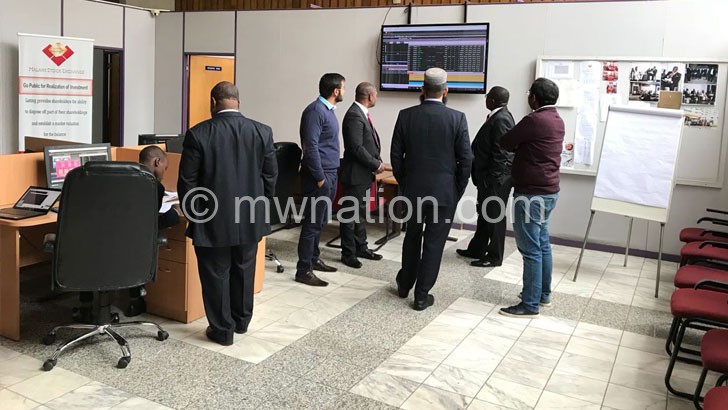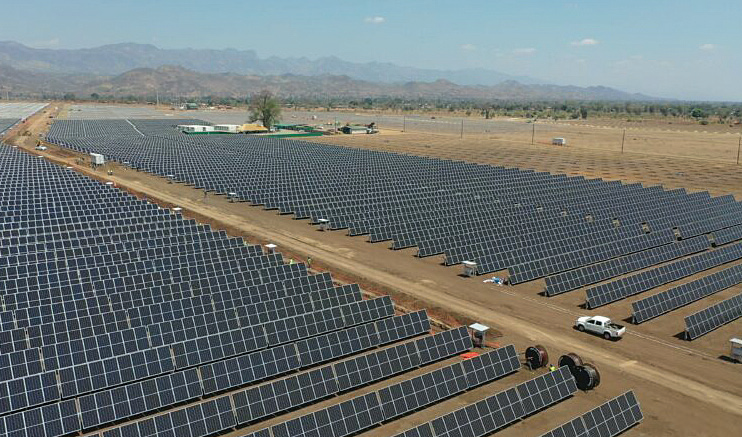Weak kwacha, prices push up import bill
The combined effects of a weak kwacha and rising global prices have continued to increase the country’s import bill, thereby worsening the trade balance, Reserve Bank of Malawi (RBM) figures show.
RBM figures contained in the latest monthly economic review report shows that imports continue to rise and stood at $91.2 million (K94.5 billion) at the end of January this year from $85.8 million (K88.9 billion) registered in December 2022.
RBM data shows that increases in payments of vehicles and fuels are the main contributing factors to the rise in the import bill.
Reads the report in part: “A 106.9 percent and 59.3 percent increase in payments for imports of vehicles and fuels to $13.2 million [about K13.6 billion] and $27.4 million [about K28.4 billion] from $ 6.4 million [about K6.6 billion] and $17.2 million [K17.8 billion], respectively have significantly pushed up the import bill.”
The data shows that during the same period, exports dropped to $46 million (about K47.5 billion) from $52.9 million (about K54.7 billion) recorded in December 2022.
As a result of this, the figures show that the country’s trade balance worsened to $45.2 million (about K46.9 billion) in January 2023 from minus $32.9 million K34.2 billion recorded in December 2022.

Speaking in an interview on Friday, economist Gilbert Kachamba said as long as global commodity prices continue to rise, the country will continue to face pressure to manage the available forex.
He said: “The country’s several sectors rely on importation of raw materials to run. Other than that, there are several other strategic commodities we cannot do without.
“The country, therefore, faces a daunting challenge to ensure business continuity and supply of crucial commodities at a time forex is depleting, but the needs of imported goods are huge.”
On his part, economist Bond Mtembezeka said unless the country tames its appetite for imports and invests in productive sectors to boost exports, the situation will only get worse.
He said: “We are importing most of the goods, some of which we do not even require. The current picture may not even be a true reflection of our level of imports as banks have had to ration foreign exchange due to the shortage.
“Banks presently are sitting on a serious backlog of invoices and forex applications.”
Meanwhile, Malawi’s gross official reserves are already under pressure due to the country’s rising demand for imports.
The official forex reserves for February stood at $280.66 million or 1.12 months of import cover from $385.40 million, an equivalent of 1.54 months of import cover during the same period last year.
The situation has in turn continued to strain the exchange rate movement, with the kwacha depreciating against all major currencies.
Due to the scarcity of forex, Malawi’s trade balance narrowed last year from a deficit of $2.07 billion (about K2.10 trillion) in 2021 to $564.41 million (about K574.26 billion) in 2022 due to foreign exchange challenges.





